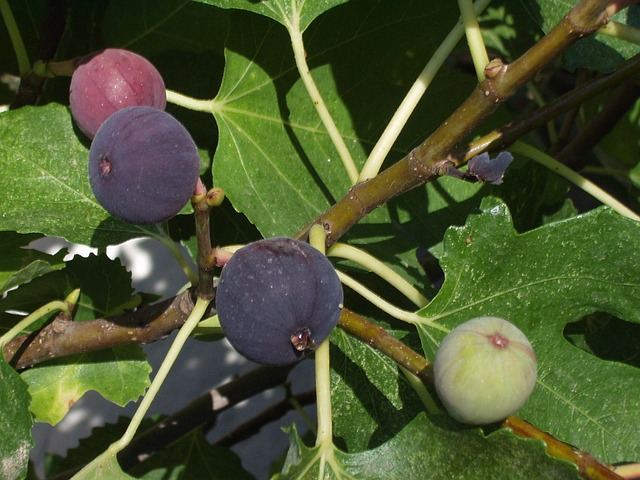
You may have heard about the carnivore diet, which is basically a diet that consists mostly or entirely of meat. This is typically a high fat, low carb diet. While this diet may sound appealing to some, it's actually not good for human health. Humans are meant to eat lots of fruit and vegetables, and consuming too much meat can lead to health problems. So if you care about your health, you should definitely avoid following the carnivore diet. Your ancestors didn't follow it and neither should you!
The carnivore diet is a relatively recent fad diet with many possible health consequences
The carnivore diet has been gaining traction as a new and alternative way of eating, but what is the carnivore diet and what health repercussions come with it? The carnivore diet is composed almost entirely of animal products like red and white meat, poultry, eggs, fish, and more—all foods with high levels of saturated fat. It also eliminates most fruits and vegetables out of necessity. Eating almost exclusively meat can generally be considered a bad idea since humans are naturally meant to consume balanced diets that include an abundance of vitamins, minerals and other essential nutrients found in fruit and vegetables. Given the current understanding of nutrition, it's clear that carnivore diets could potentially have adverse effects on human health.
Our ancestors ate primarily plants

Our ancestors were primarily herbivorous, feasting on a wide variety of plant life. Primates such as chimpanzees and early humans ate an abundance of fruits, vegetables, nuts, and seeds. Eating these whole foods provided ample nutrition for these living beings to survive, grow strong, and thrive in the environment. Vitamin C was especially important for early humans; it was found naturally in fruits like oranges and limes, plus many other veggies that our ancestors would have eaten. While our ancestors most certainly did not follow a vegan diet, the vegan diet would be much closer to the way our ancestors ate.
Meat is not bad, but it should not be the center of the diet
The carnivore diet is incredibly bad for human health, and this is beyond dispute. Studies have repeatedly concluded that a diet largely based around red meat can dramatically increase the risk of chronic disease, with research suggesting that high saturated-fat intakes present an increased risk for cardiovascular disease. Nutritional experts warn that a diet consisting only of animal foods may be deficient in vitamins, minerals, fiber and other vital nutrients that come with eating plants. All of these elements come together to support optimal physiological outcomes and protect against chronic diseases, hence why it's essential humans eat a balanced range of plant-based food to remain healthy in the long-term.
But won't the carnivore diet help me lose weight?

The carnivore diet is not a sustainable way to lose weight in the long term. It is an extreme diet that eliminates all plant-based foods and only allows for consumption of animal proteins. This can lead to nutritional deficiencies and difficulty in obtaining adequate amounts of essential vitamins, minerals, and fiber. Additionally, it can be difficult to adhere to the diet long-term, as it requires eating a very limited range of foods. For these reasons, the carnivore diet is not an effective way to lose weight and maintain it in the long term.
Making sure to buy fruits and vegetables you actually like will go a long way in becoming a healthier person

Eating a healthy diet that includes plenty of fruits and vegetables is the key to good health. To make sure you are getting the right nutrients, create a weekly meal plan that includes lots of colorful fruits and vegetables such as blueberries, peas, spinach, bananas, oranges and carrots. Consume protein-rich foods such as eggs, fish and beans every day. Choose whole grains over white or refined flours whenever possible and swap sugary drinks for herbal teas or water. Finally, incorporate healthy fats from sources like nuts and avocado into your meals to ensure balanced nutrition. By following these tips, you can enjoy all the benefits of a truly nourishing diet without compromising on deliciousness!
In conclusion, the carnivore diet is not suited for human health and can potentially cause a host of long-term health issues. Evolutionarily speaking, our ancestors ate mostly fruits and vegetables, emphasizing the importance of these types of foods in our diets. Following a diet that is rich in both fruits and vegetables will ensure we get all of the necessary vitamins, minerals, and other nutrients to support our body's various needs. To help reach your personal health goals, focus on incorporating a variety of nutrient-dense options into your eating routine and make sure to balance whichever proteins you choose with plants. Are you still considering trying the carnivore diet? If so, let us know why. We’d love to hear your reasons.
Comments
Post a Comment